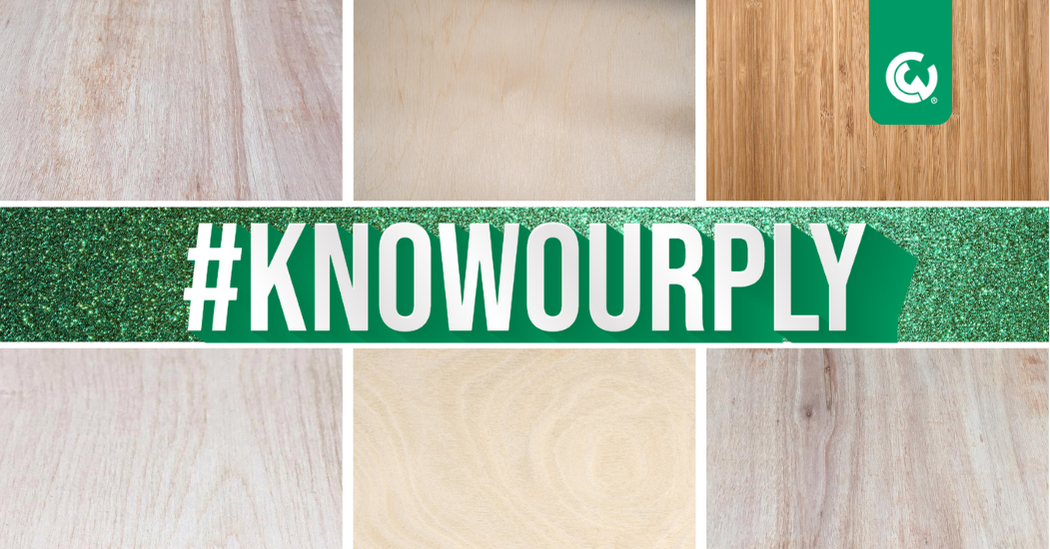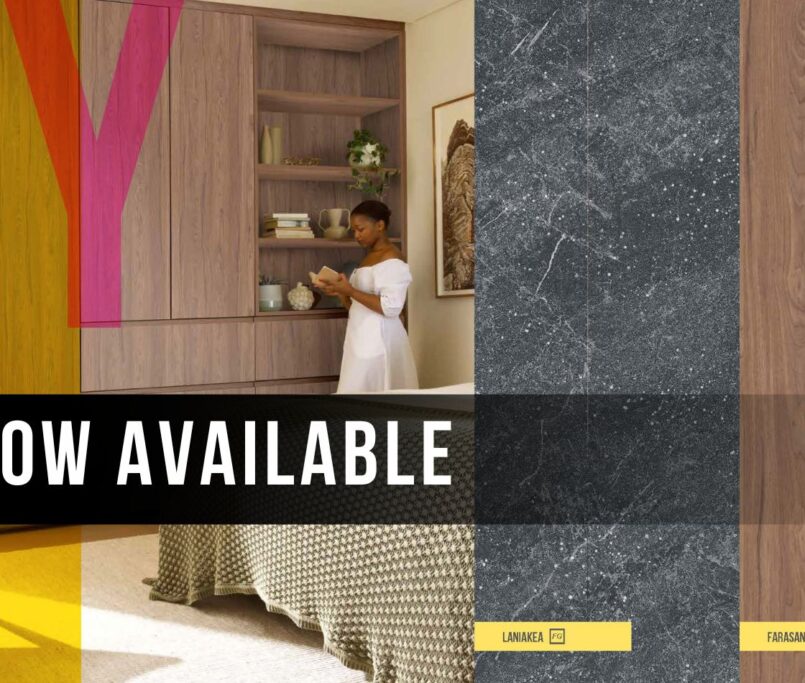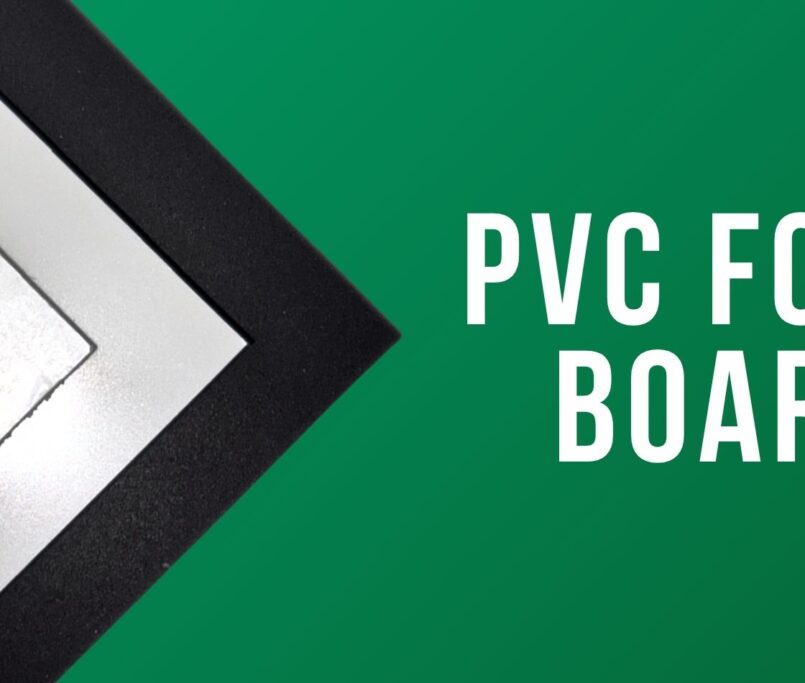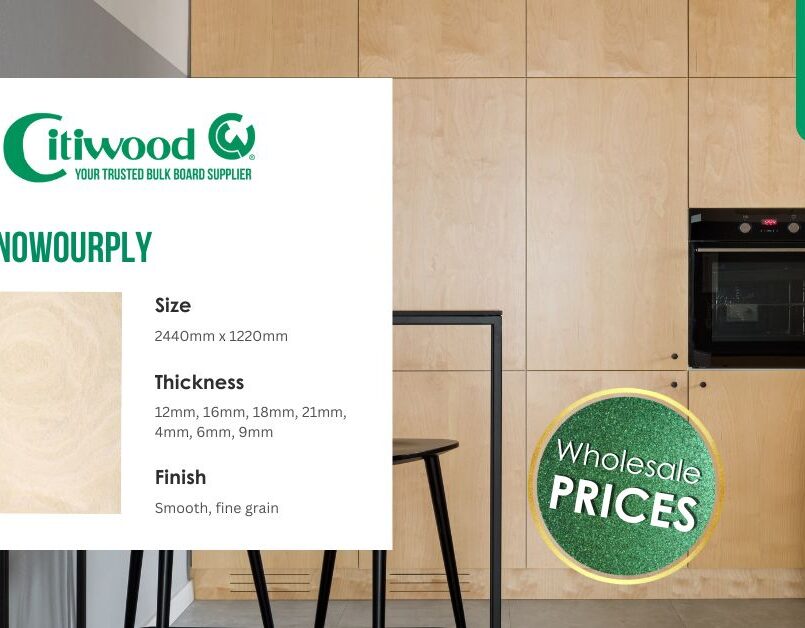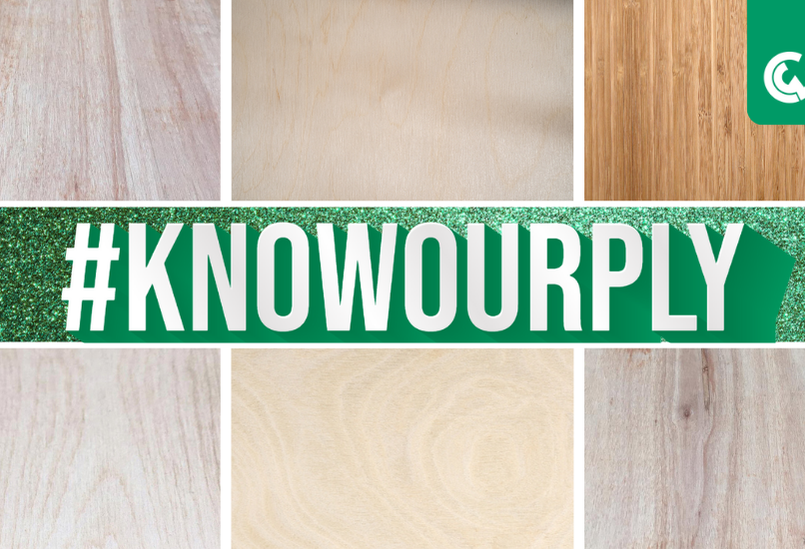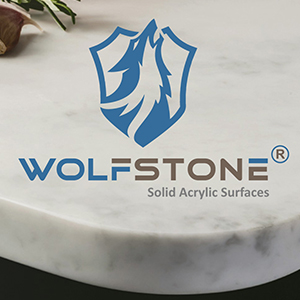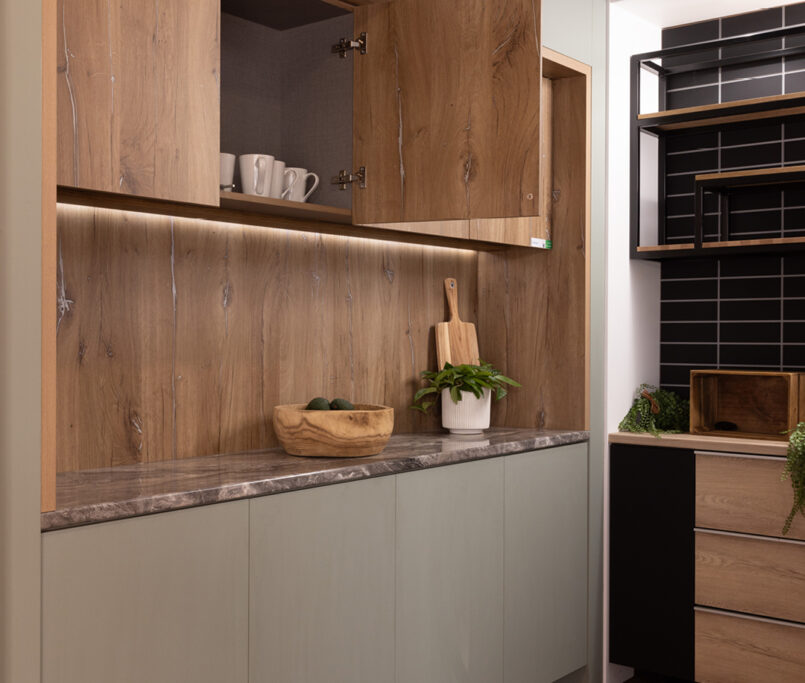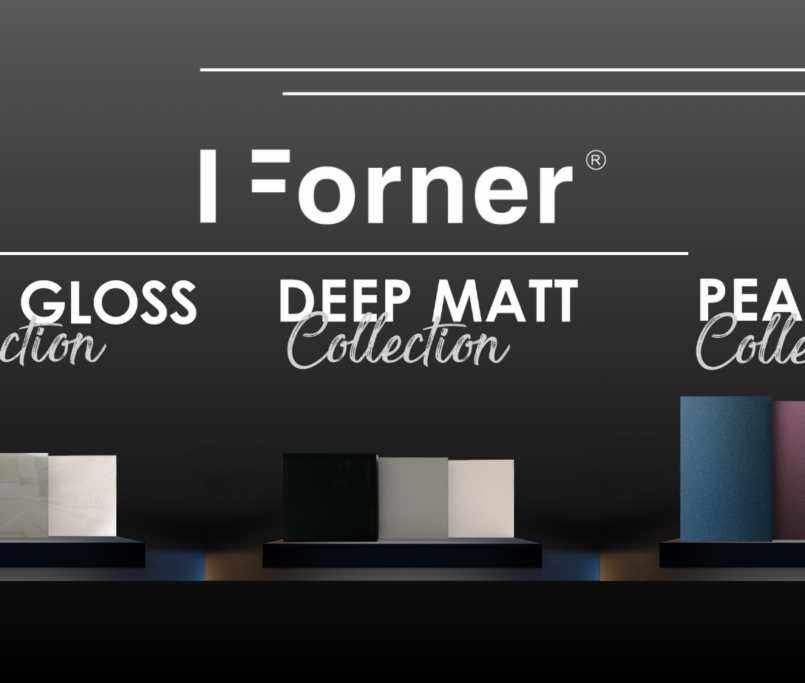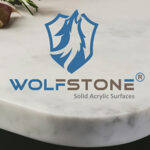Welcome to our #KnowOurPly series!
Plywood isn’t just a building material; it’s an art form. Join us as we explore the diverse species of plywood, their unique characteristics, and how they can elevate your projects! Stay tuned!
#bulkboardsupplier #citiwood #KnowOurPly #exploreplywood #PlywoodDistributers #PinePlywood #BirchPlywood #PoplarPlywood #PinePlywood #BambooPlywood #MarinePlywood #CommercialPlywood
What is Plywood?
Plywood is a type of engineered wood made by gluing together thin layers (or “plies”) of wood veneer. The plies are glued at alternating angles, giving the plywood its strength and stability. It comes in a variety of grades, thicknesses, and types, making it adaptable for different uses.
Benefits of Plywood
Strength and Durability
- The way plywood is constructed—by layering wood veneers at right angles—gives it greater stability and reduces the chances of warping or splitting. This structure distributes weight evenly across the surface, making it suitable for heavy-duty applications.
Flexibility and Versatility
- Plywood can be manufactured in various thicknesses, grades, and types to suit a wide range of projects. It can also be bent into curves without cracking, which is ideal for creative furniture designs, cabinetry, and architectural elements.
Affordability
- Compared to solid wood, plywood is significantly more affordable while maintaining a similar aesthetic and functionality. It allows homeowners and builders to achieve a high-quality finish on a budget.
Eco-Friendly Option
- Many types of plywood are manufactured from fast-growing and renewable timber sources, making it a more sustainable choice than many hardwoods. Additionally, plywood production often utilizes a higher percentage of the tree than solid wood, minimizing waste.
Lightweight and Easy to Work With
- Plywood is lightweight compared to solid wood, making it easier to transport, lift, and install. It also works well with both hand and power tools, making it ideal for both professional and DIY projects.
Common Uses of Plywood
Construction and Structural Applications
- Plywood’s strength and stability make it an excellent material for construction purposes. It’s commonly used in flooring, roofing, and wall sheathing as it can withstand high loads and pressure. Marine plywood, a water-resistant type, is specifically made for environments exposed to moisture, like docks or outdoor projects.
Furniture and Cabinetry
- Plywood is widely used in furniture making due to its flexibility and smooth finish. It’s particularly popular for cabinets, shelves, and wardrobes because it’s easy to cut and shape. Its lightweight nature also makes it easy to assemble and move furniture.
Interior Design and Decorative Elements
- The natural grain and texture of plywood make it a stylish choice for interior wall panels, ceiling treatments, and other decorative elements. Veneered plywood, with a layer of hardwood like oak or walnut, provides an upscale look at a fraction of the cost of solid hardwood.
Packaging and Industrial Use
- Due to its strength, plywood is often used in packaging, such as crates for shipping heavy or fragile items. It’s also used in industrial applications like scaffolding, pallets, and warehouses, where durability is crucial.
Doors and Windows
- Plywood’s durability makes it suitable for manufacturing doors, frames, and even window panels. It’s easy to work with, allowing for detailed and intricate designs without compromising the material’s structural integrity.
types of Plywood for Different Needs
Softwood Plywood
- Usually made from pine, spruce, or fir, this is a common choice for construction purposes like subfloors, wall panels, and roofs.
Hardwood Plywood
- Made from woods like maple, oak, or birch, this type is tougher and typically used for furniture, cabinetry, and high-end finishes.
Marine Plywood
- Known for its resistance to water, marine plywood is ideal for outdoor use or in environments with high humidity, like bathrooms.
Flexible Plywood
- As the name suggests, flexible plywood can bend without breaking, making it great for projects that require curves, like spiral staircases or rounded furniture.


